The most recent patient admitted to the 108 Military Central Hospital after using water chestnuts instead of rice was a 56-year-old woman with symptoms of nausea, numbness in the lips and limbs, low blood pressure, abdominal pain and diarrhea.
The female patient said that she ate a large amount of water chestnut instead of rice, about an hour later the above symptoms appeared, and her family took her to the hospital. After examination and testing, the patient was diagnosed with aconitine poisoning from water chestnut.
Dr. Nguyen Ha Anh, Dermatology - Allergy Center, 108 Central Military Hospital, said that Chinese yam (also known as Chinese yam, Chinese yam, Chinese yam) is a familiar medicinal herb in traditional medicine, but it contains aconitine - an extremely toxic substance. If used incorrectly or overdosed, aconitine can cause arrhythmia, hypotension, cardiogenic shock and death.
The doctor is examining the patient.
At the Poison Control Center, Bach Mai Hospital received many cases of people who had to be hospitalized due to poisoning from consuming water chestnuts, including patients with very severe poisoning. After receiving emergency care and resuscitation, their hearts still had irregular heartbeats and stopped beating many times. They had to be shocked dozens of times to treat the irregular heartbeat and stop the circulation. Finally, fortunately, the patients survived.
Dr. Nguyen Trung Nguyen, Director of the Poison Control Center, said that many people thought that water chestnuts were nutritious, so they bought them to soak in wine to drink, or cook porridge to eat. After using them, they were poisoned and taken to the Emergency Center.
Not long ago, the Center admitted a male patient from Nam Dinh to the hospital with numbness in his limbs, fainting, and loss of control of urination and defecation. According to the male patient, this was not the first time he had used water chestnuts to improve his health and treat bone and joint diseases. This is a remedy that friends have passed on to each other and is very difficult to buy. Each time, he only uses a small amount, boils it thoroughly, eats the root and drinks the water. When eating, if there is numbness, run or have someone apply force to sweat and it will go away.
However, after using this time, there was a phenomenon of numbness, the patient ran many laps and asked for physical support, as well as actively induced vomiting to push the used part out, but it did not help. The phenomenon of numbness became more and more severe, the person even felt dizzy, fainted and had a state of hygiene on the spot. The patient was treated with intravenous fluids at the district level and transferred directly to the Poison Control Center of Bach Mai Hospital.
Many people think that water chestnuts are nutritious, so they buy them and eat them and get poisoned.
At the Poison Control Center, the patient was examined and a urine test found the toxin aconitin, which is also found in water chestnuts. In addition, the patient's Troponin T index was also quite high: 31.74 ng/L, nearly 3 times higher than normal, indicating signs of myocardial damage.
According to the Director of the Poison Control Center, water chestnut is the root of the aconite plant, which often grows wild in the mountainous regions of the North of our country such as: Ha Giang , Lao Cai, Tuyen Quang... The toxicity it contains is acotinin, which is classified as a group A poison.
Only a small amount can cause death, a dose of only 1mg can cause severe poisoning, 2 - 3mg is enough to kill an adult. Aconitine is toxic to the heart, nervous system and digestive system. Aconitine poisoning appears very quickly, symptoms can appear immediately or after a few minutes, or a few hours after drinking the extract or eating the tubers, roots, and leaves of the plant.
Doctors recommend that water chestnut is very poisonous, so people should only use water chestnut in the form of external application, not drinking or eating. Before using folk remedies and medicinal herbs, you should consult a medical expert, because not all herbs are safe, some can only be used when processed properly and in the right dose.
Source: https://cand.com.vn/y-te/nhieu-nguoi-ngo-doc-khi-an-cu-au-tau-i764854/


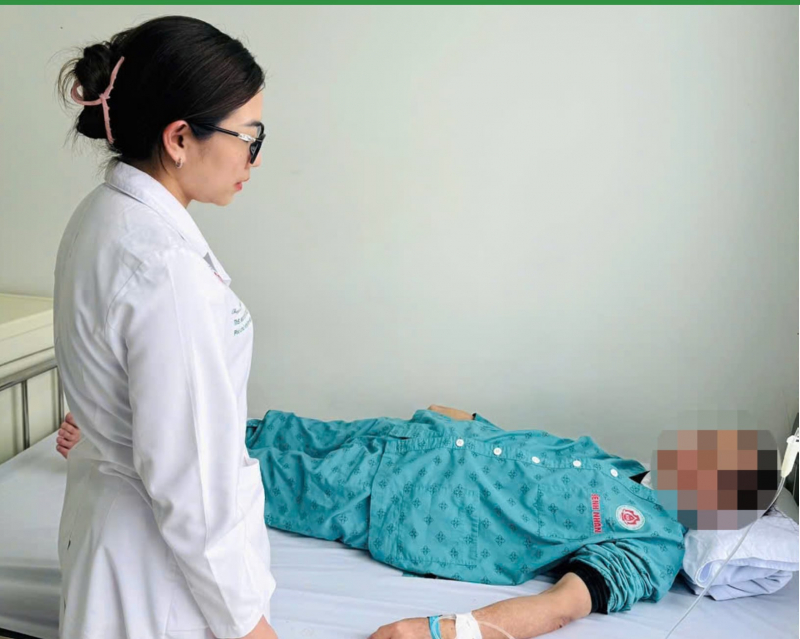
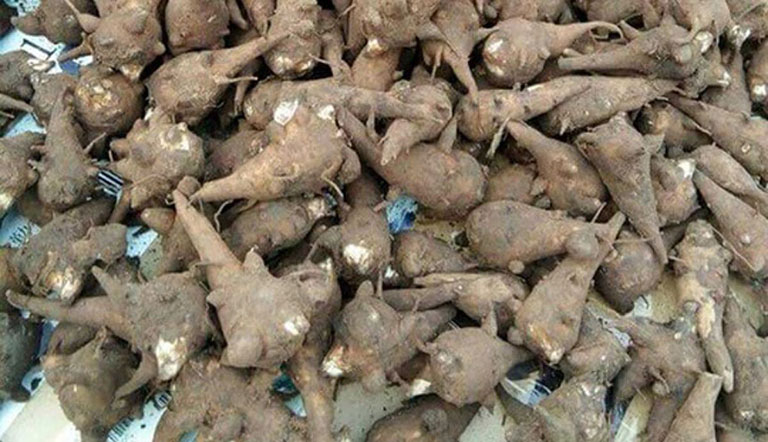
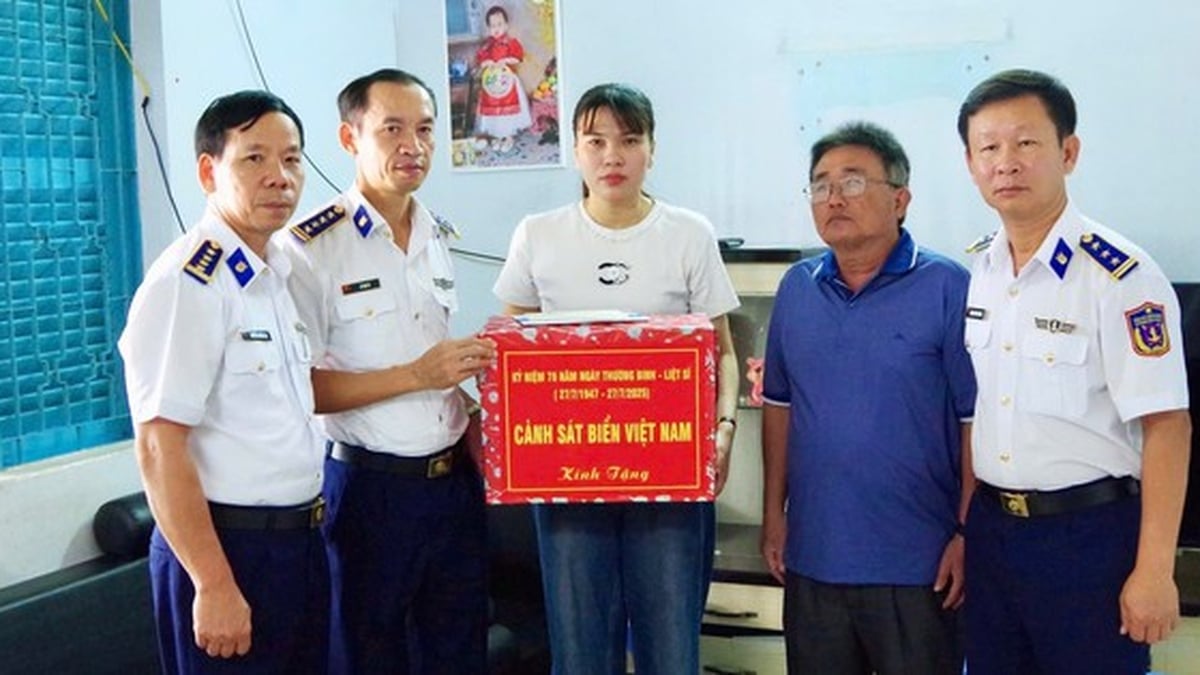
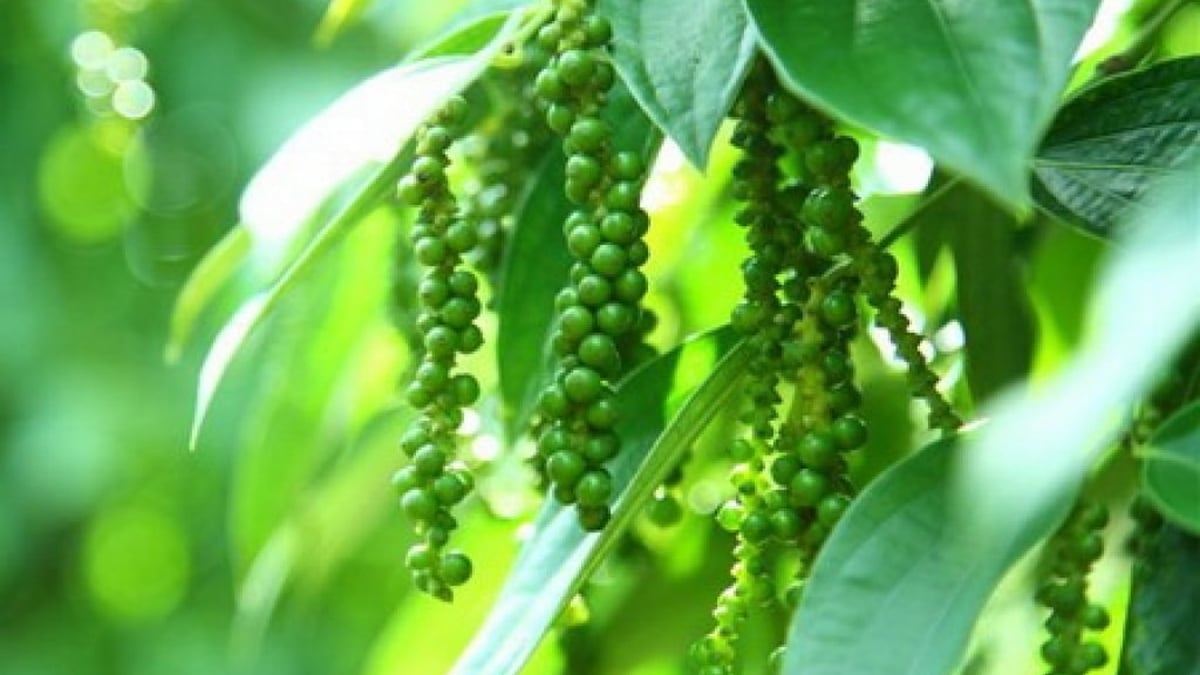
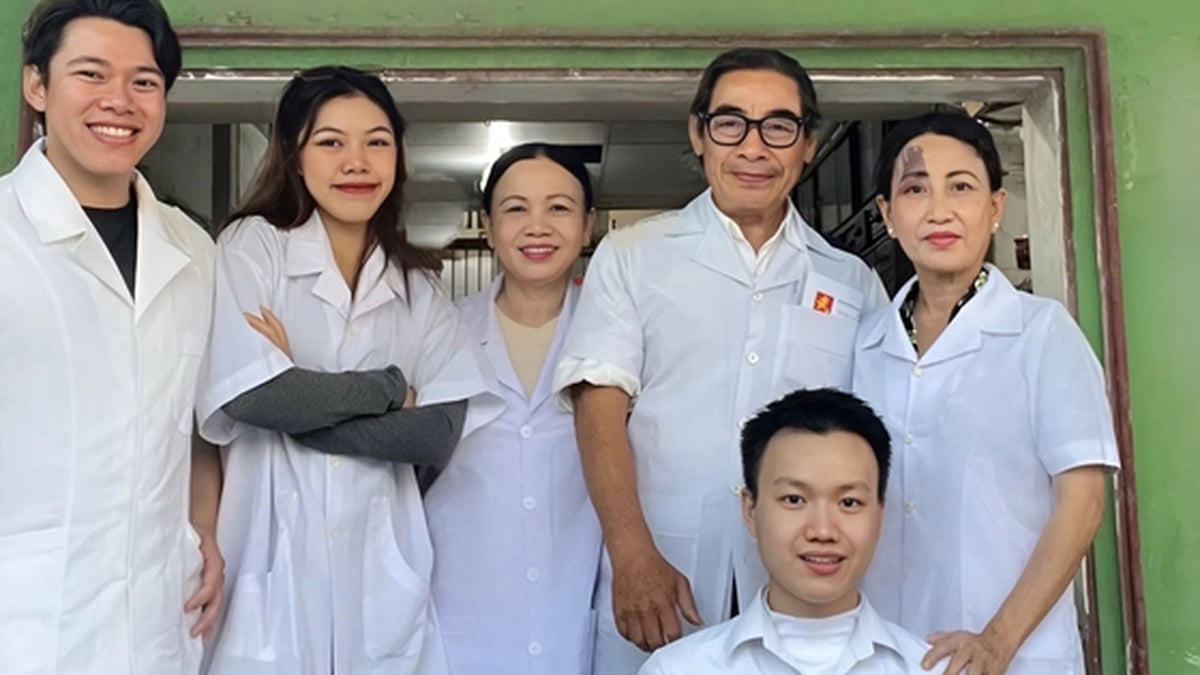
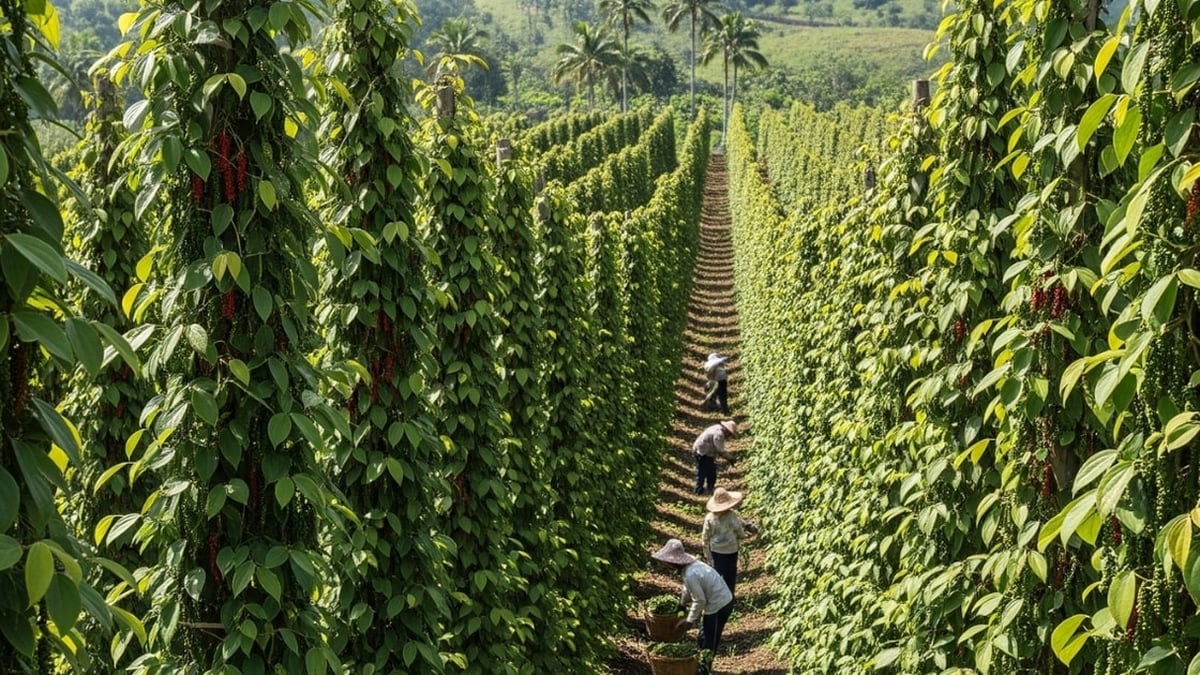


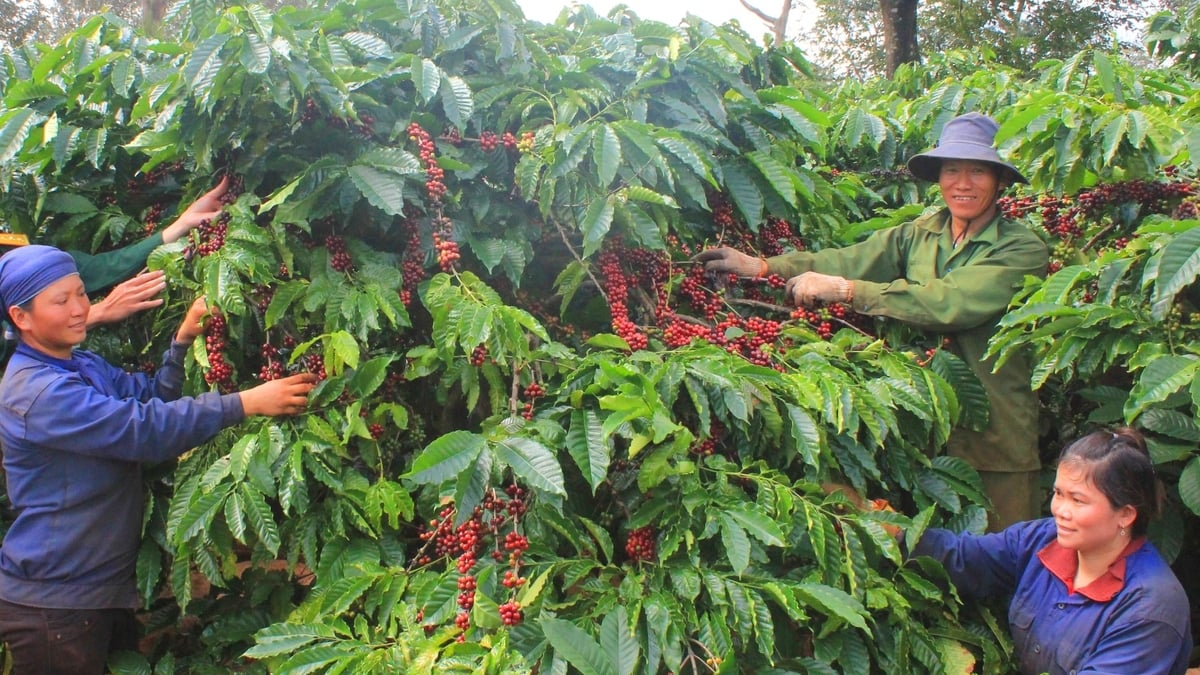

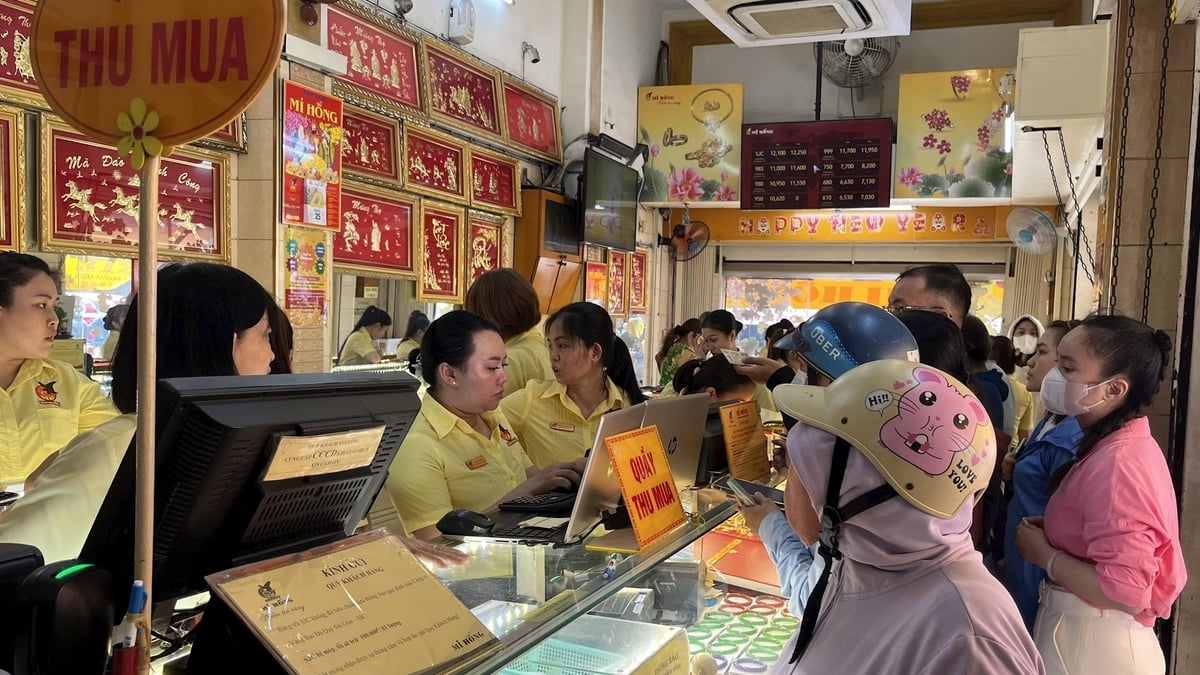























































































Comment (0)